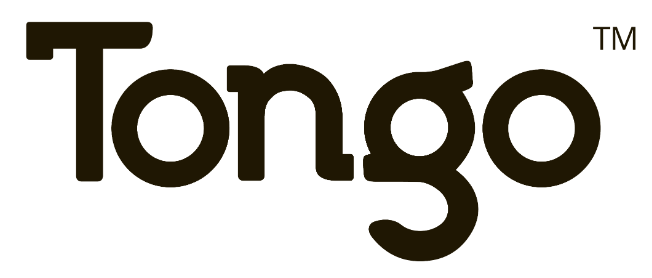A Real Estate Agent’s Guide to Tracking and Managing Expenses
By Anna Kinney, Chief Product Officer
Real estate agents often juggle various financial responsibilities that can affect their profitability and business efficiency. Effective expense management is crucial not only for maximizing income, but also for maintaining a clear financial picture. This guide explores best practices for tracking and managing expenses tailored to the unique needs of real estate agents.
Understand the Importance of Expense Tracking
Expense tracking is essential for real estate agents as it directly impacts profitability. It helps in identifying unnecessary expenditures, preparing for taxes, and understanding business performance.
Categorize Your Expenses: Organize expenses into categories, such as marketing, travel, client entertainment, and office supplies. This simplification aids in recognizing trends and areas where you can cut costs and makes it easier come tax season.
Budget Creation: Establish a budget based on historical expense data, which can guide your spending and help maintain financial discipline.
Utilize the Right Tools
Choosing the right tools for expense management can streamline the process, making it less time-consuming and more accurate.
Expense Tracking Software: Use software like Expensify, Hurdlr, or Zoho Expense for real-time expense tracking and integration with other financial systems.
Mobile Apps: Apps on your phone can be extremely convenient for recording expenses on-the-go, especially for travel-related expenditures. Expensify, Hurdlr, and Zoho Expense all have mobile companion apps.
Routine Expense Reviews
Regular reviews of your expenses can prevent financial issues and help identify opportunities for savings.
Monthly Reviews: Set a regular schedule to review your expenses in detail. This can help catch errors and ensure your spending aligns with your business goals.
Annual Assessment: Conduct a comprehensive annual review to analyze the year’s spending and adjust your budget strategies for the next year accordingly.
Keep Detailed Records
Maintaining detailed records is critical, not just for tax purposes but also for monitoring the financial health of your business.
Save All Receipts: Keep receipts for all business-related expenses. Digital tools can help you scan and store these electronically.
Document Justifications: For each expense, record the business purpose, especially for meals and entertainment, as these can be scrutinized during tax audits.
Train on Financial Literacy
Enhancing your understanding of financial principles can improve your ability to manage business finances effectively.
Financial Education: Invest time in learning basic accounting and finance management. Many online courses and workshops are specifically designed for real estate professionals.
Professional Advice: Consider consulting with a financial advisor to tailor your financial strategies to your specific business needs.
This post is part of an ongoing blog series focused on Financial Health for Real Estate Professionals. Continue to follow the blog for related posts on how to navigate financial challenges and establish a strong financial foundation for your business.


